ND Experts on the opportunities, concerns and impacts of AI
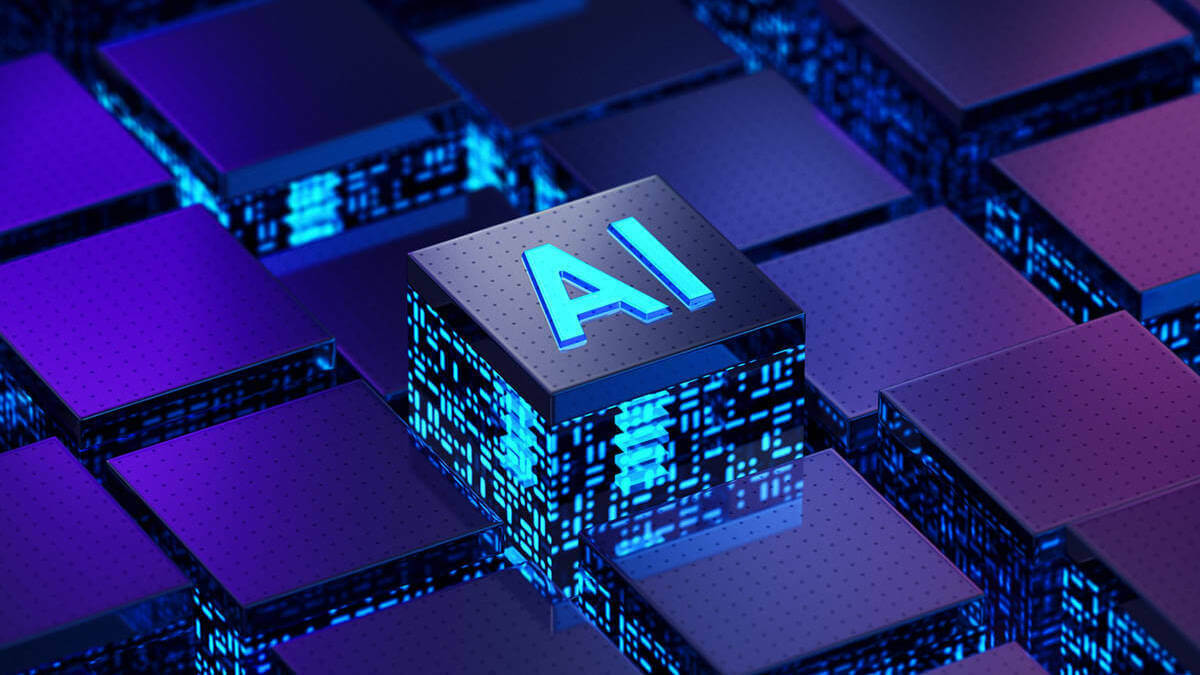
In testimony before the Senate Judiciary Subcommittee on Privacy, Technology and the Law on Tuesday (May 16), OpenAI CEO Sam Altman proposed the formation of a U.S. or global agency that would license the most powerful AI systems and have the authority to “take that license away and ensure compliance with safety standards.”
The hearing, titled “Oversight of AI: Rules for Artificial Intelligence,” also featured IBM Vice President and Chief Privacy and Trust Officer Christina Montgomery — who is on the steering committee for the Notre Dame-IBM Technology Ethics Lab — and Gary Marcus, founder of Geometric Intelligence, a machine learning company.
In response to fast-paced and dramatic changes to the AI landscape, the federal government has also recently announced a $140 million investment to create seven new research institutes, and the White House is expected to issue guidance in the next few months on how federal agencies can use AI tools.
In light of these developments, University of Notre Dame experts reflect on the opportunities, concerns and impacts of AI on different fields — including entertainment and media, the arts, politics, the labor market, education and business. Several of these faculty are affiliates of the interdisciplinary Notre Dame Technology Ethics Center, which, among other initiatives, offers the University's undergraduate minor in tech ethics.
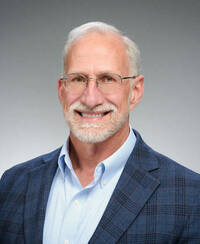
John Behrens: First step in addressing AI concerns is education
“Artificial intelligence is a type of software, and the more people treat it that way — rather than as some robotic being — the better off we will be,” said John Behrens, director of technology initiatives for Notre Dame’s College of Arts and Letters. “But we need to support education at all levels to get there. The questions society is facing because of AI are not only ethical but involve all the liberal arts: What are the economic impacts? What are the psychological impacts? What questions does this human-like fluency in language raise for issues of philosophy and theology? Notre Dame has a unique opportunity to bring to bear the full range of the liberal arts to help society tackle these issues.”
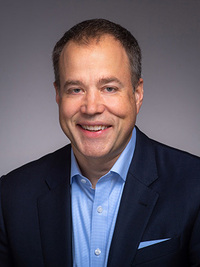
Nicholas Berente: Investing in research of AI's use, impacts and required guardrails is key
“Depending on how you define it, AI has been around for more than a half century,” said Nicholas Berente, professor of information technology, analytics and operations. “What is new — and what has people concerned — is the rather unbelievably rapid pace of recent advancements in AI. As soon as we get used to one set of capabilities, there is a new generation that surpasses them dramatically. The recent wave of generative chat technologies, such as ChatGPT by OpenAI and Bard by Google, have caught on like wildfire. People immediately found uses, for good and for bad, and the power of these generative tools has terrified many and has led to some curious decisions.”
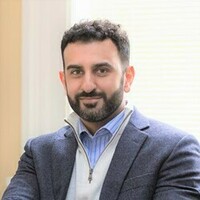
Ahmed Abbasi: AI's major challenge is striking balance between innovation, precaution
“When it comes to technology, we know that regulation and governance often lag behind,” said Ahmed Abbasi, the Joe and Jane Giovanini Professor of IT, Analytics and Operations. “Case in point, the internet, mobile, social media, cryptocurrencies, etc. NIST recently came out with their AI risk management framework. The key components of the framework are to create a culture of governance, and then to map, measure and manage – all with the goal of supporting responsible AI tenets such as fairness, privacy and transparency."
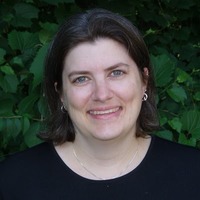
Christine Becker: AI’s impact on the Hollywood labor market
“While AI concerns alone probably won’t sustain long-term labor strife if producers give significant ground on monetary issues, it is possible the only force preventing the dramatic disempowerment of creative labor by artificial intelligence in just a few short years will be the strength and unity of organized labor this summer,” said Christine Becker, an associate professor of film, television and theater.
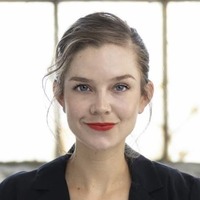
Sarah Edmands Martin: Can AI expand our understanding of creativity?
“The recent accessibility of AI raises a number of philosophical, ethical and political questions for the art world: For example, does AI hasten the automation of the creative industries, while exploiting vast archives of human labor?” said Sarah Edmands Martin, an assistant professor of art, art history and design. “After all, AI programs like Midjourney and Dall-E use human-generated artworks as training data without compensation, which many people — fairly — fear disempowers or displaces workers in creative industries.”
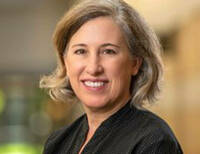
Lisa Schirch: AI has ability to undermine or potential to unite
“AI has the potential to both help humans make better decisions together, or to undermine our ability to solve problems,” said Lisa Schirch, the Richard G. Starmann Sr. Endowed Chair at the Kroc Institute for International Peace Studies and professor of the practice in the Keough School of Global Affairs.
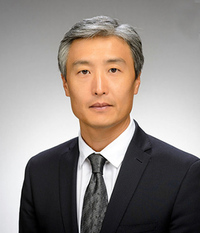
Yongsuk Lee: AI can stunt or complement the labor market
“Much of the attention and research have been focused on the development of these new large language models (LLMs), but relatively less research has been done on how we should use LLMs, the societal consequences of these models and potential policy recommendations,” said Yong Suk Lee, an assistant professor in the Keough School of Global Affairs. "For now, to be competitive in the labor market, workers may need to be proficient in using and prompting LLMs and, at the same time, be familiar with their limitations.”
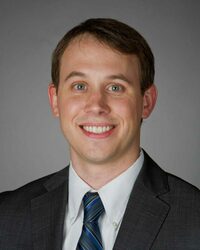
Tim Weninger: How will AI affect public trust?
“I foresee an increasingly skeptical population and, with that, a consolidation of trust in information spaces," said Tim Weninger, the Frank M. Freimann Associate Professor of Engineering and director of graduate studies in computer science and engineering. "A smaller and smaller set of organizations will have and hold public trust, and it will become increasingly more difficult for new organizations to build trust among a consumer base.”
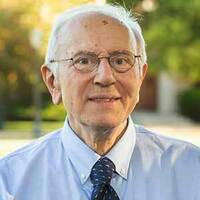
Panos Antsaklis: AI and unintended consequences of inaccuracies, limitations
"These are serious concerns that media companies and government agencies need to address as soon as possible," said Panos Antsaklis, the H. Clifford and Evelyn A. Brosey Professor in the Department of Electrical Engineering. "Generating inaccurate information may not always be malicious, but it can be generated because of a lack of understanding the limitations of these software programs.”
Latest Faculty & Staff
- In memoriam: Alasdair MacIntyre, the Rev. John A. O’Brien senior research professor of philosophy emeritusAlasdair MacIntyre, the Rev. John A. O’Brien senior research professor of philosophy emeritus and a permanent senior distinguished research fellow at the de Nicola Center for Ethics and Culture, died on May 21, 2025. He was 96.
- Santiago Schnell, dean of Notre Dame’s College of Science, appointed as provost of DartmouthSantiago Schnell, the William K. Warren Foundation Dean of the College of Science at the University of Notre Dame, has accepted an appointment as provost at Dartmouth College. He will depart Notre Dame at the end of June and begin his new role in July.
- Notre Dame’s Fightin’ Irish Battalion receives Department of Defense award as nation’s top Army ROTC programThe United States Department of Defense honored the University of Notre Dame’s Army ROTC Fightin’ Irish Battalion as the nation’s top Army collegiate program for the 2023-24 academic year. This will be the first time the unit has received the department’s Educational Institution Partnership Excellence Award, which recognizes the program’s achievements in recruiting, educating, training and commissioning leaders of character to be the next generation of military officers.
- In memoriam: Karl Ameriks, the McMahon-Hank Professor of Philosophy EmeritusKarl Ameriks, the McMahon-Hank Professor of Philosophy Emeritus at the University of Notre Dame, died on April 28 from pancreatic cancer. He was 77. Born in post-World War II Germany, Ameriks’ family emigrated to the United States when he was a child, and he grew up in Detroit, Michigan. He received his bachelor’s and doctoral degrees from Yale University. He came to the Department of Philosophy at Notre Dame in 1973 during a formative time for the department, which had transitioned from a predominantly Thomist focus to the more analytical American philosophy in the 1960s.
- Notre Dame psychologist explores how children best learn math — and yes, timed practice helpsUniversity of Notre Dame professor of psychology Nicole McNeil recently co-authored a report that examines the best way for children to learn arithmetic — whether that’s by memorizing number values and multiplication tables, or by studying math at a deeper, conceptual level. The report, “What the Science of Learning Teaches Us About Arithmetic Fluency,” was published in the journal Psychological Science in the Public Interest and shows that children learn most effectively when instruction follows an evidence‑based cycle: grounding facts in conceptual understanding, using brief timed practice to make those facts automatic, and then returning to discussion and reflection to deepen that knowledge.
- ’Tis the season for ticks and mosquitoes. A medical entomologist talks about these pests and how to avoid them.Notre Dame expert Lee Haines explains the risks mosquitoes and ticks pose to the Midwest and discusses how the public can best protect themselves and family members (including pets) from these bloodthirsty pests.












